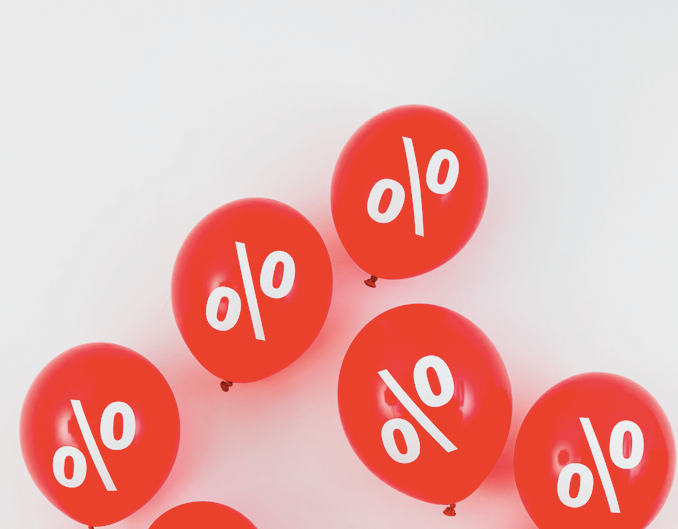
Choosing the right type of loan can be difficult, especially when there are so many different types out there for borrowers to consider, with varying interest rates and specific requirements attached to all of them. If you are struggling to take out a loan through the traditional means – perhaps because you have no assets or else a bad credit rating- a loan like a logbook loan could be well suited to you.
What is a logbook loan?
A logbook loan is a specific type of secured loan where your vehicle – more specifically, your vehicle’s logbook – is held as a security deposit for the loan you have taken out from your lender. You can borrow as little as £500 all the way up to £50,000, depending on the value of your vehicle. As long as you repay the loan as agreed with the lender, you are allowed to continue using the car as normal. When taking out a logbook loan, you will be asked to sign a document known as a Bill of Sale alongside your agreement.
Logbook loans are usually paid out to the borrower in cash, or else by cheque, soon after they are processed. While a credit check is needed, the check carried out is usually not as thorough as a check for a credit card or bank loan would be. This means that the loan is much more suited to those who have very little credit history or if perhaps the person’s credit history has negative aspects to it. The loans have the advantage of being quick and easy to obtain, with a lot of online loan providers offering instant decisions on logbook loans.
Logbook loans are normally incredibly high interest loans, so the interest you pay back on top of the amount of money you borrow is usually much higher than the amount you borrowed initially. If you fail to repay the loan, for whatever reason, then your vehicle may well be taken from you to cover the cost of the loan.
Logbook loans are known as such because of the fact that when they are carried out, the vehicle’s logbook – the document that details exactly who owns the car- is handed over to the lender as a form of security. If the money that they have loaned to the borrower fails to be repaid, they can use the value attached to the car to ensure that they are not out of pocket.
What is a Bill of Sale?
A Bill of Sale is a way for people to use their assets as a means of security against loans, particularly in the case of logbook loans where a loan is taken out against your vehicle. The bill states that in the instance where you, as a borrower, fail to make multiple repayments on your loan, the lender is legally allowed to sell your car to raise the amount that you owe them.
Because your lender has a Bill of Sale, they do not need to take you to court to repossess your car – they can simply take it off the road whenever they see fit. If you fail to make repayments on your loan, then the lender can legally sell it on at auction. Once they have sold the car, the money they acquire is used to pay off your loan. Any money outside of the amount raised is owed by you, while any additional money is returned to you.
Essentially, a Bill of Sale is a document that confirms the change in ownership of your vehicle and is ultimately used as evidence of a contract being drawn out between yourself and the lender. Once the loan is completely repaid, the Bill of Sale linked between the loan and the vehicle is made void and full ownership of the vehicle is returned to the borrower, with all risk of repossession completely eliminated. A Bill of Sale, and a logbook loan in general, can have extremely negative consequences if, for whatever reason, a borrower defaults on their repayments.
If you’re looking at taking out a logbook loan then it might be wise to check with someone with financial expertise about whether or not it is the right choice for you. There are multiple free debt help organisations that are able to advise people struggling with their debts on the right steps forward. They will put together a plan of action that suits you and your financial situation, ensuring that any loan that you choose to take out is within your means and won’t lead to spiralling debt.



